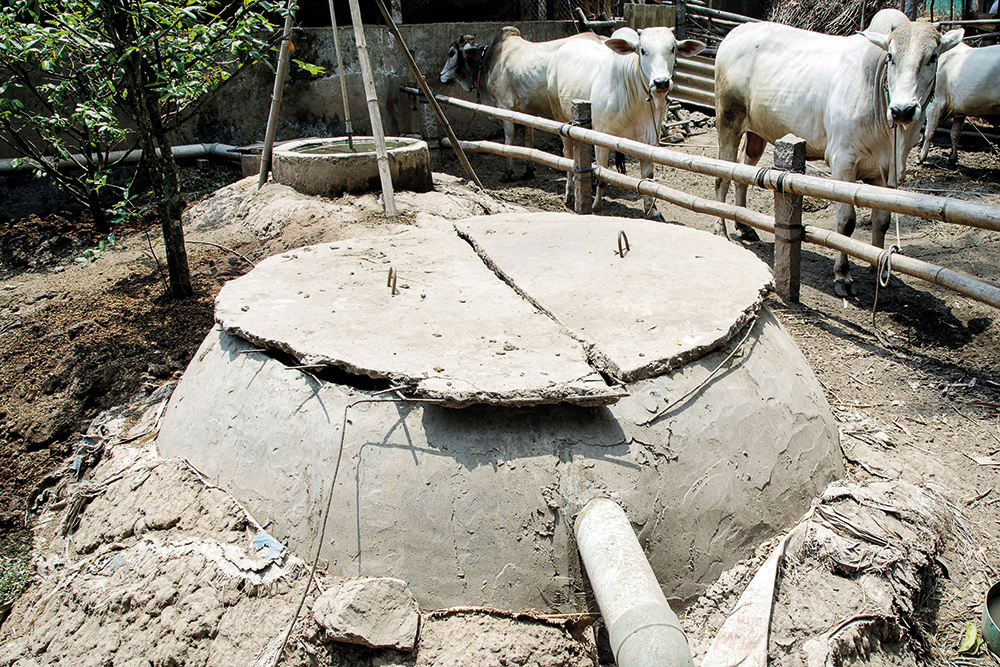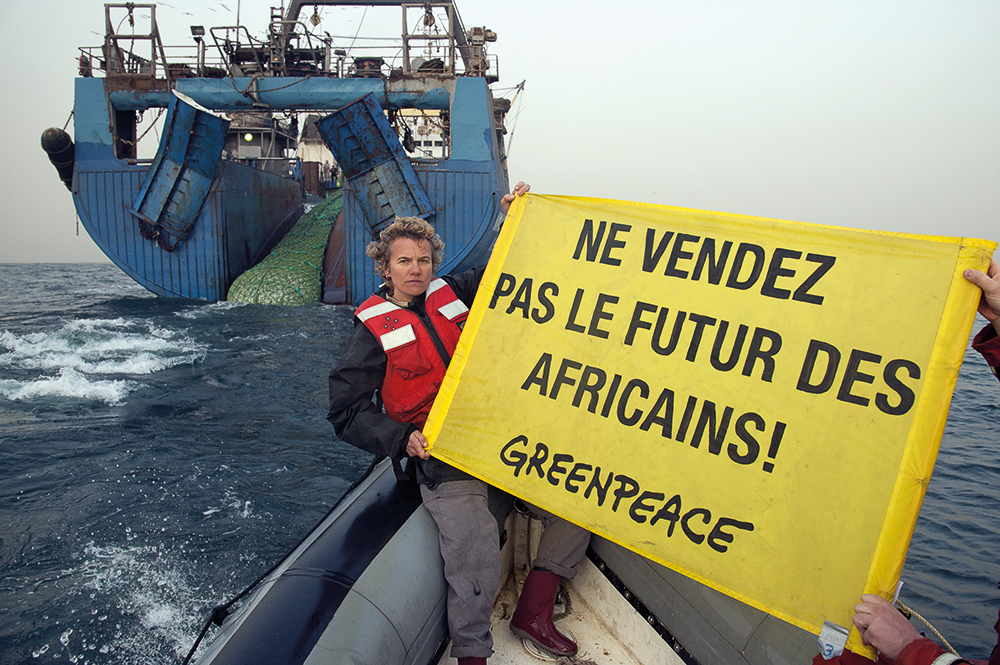DLG-Verlag was founded in 1952 as a subsidiary of DLG e.V. (Deutsche Landwirtschafts-Gesellschaft - German Agricultural Society) with its headquarter in Frankfurt/ Germany. The publishing company provides expertise for the agricultural and food sector.
With its subsidiaries Max-Eyth-Verlag and DLG-Agrofood Medien GmbH the DLG-Verlag offers books and magazines, as well as catalogs of the DLG's international DLG exhibitions.
Members:
Resources
Displaying 16 - 20 of 316“We can‘t be satisfied yet“
On the 11th May 2012, the Committee on World Food Security of the United Nations adopted the Voluntary Guidelines on the Responsible Governance of Tenure of Land, Fisheries and Forests (VGGT). Rural 21 asked Roman Herre of the human rights organisation FIAN about his views on the implementation of the Guidelines so far.
Why property rights matter
It is widely accepted among economists and policy-makers that secure and well-defined land property rights are integral to poverty alleviation and economic prosperity. But how do legal systems, land tenure and economic development really relate to one another? Our author demonstrates the links using her latest research results from 146 countries.
Cambodia: Land grabs and rural dispossession by government design
The land reform process in Cambodia is full of examples of injustice and human rights violations. Promises to improve the situation of the landless and land-poor citizens have remained unfulfilled. Development co-operation efforts have not changed this either.
Biogas in Vietnam: Simple technology with a major impact
Biogas in Vietnam is chiefly the story of the success of small domestic digesters. However, a feed-in tariff for electricity generated by biogas plants could soon lead to larger scale use of the technology, and so provide new sources of income for farmers.
Sustainable management of fisheries and aquaculture: a huge challenge for development cooperation
The global demand for fish and fish products is continuously increasing. However, fisheries management is still insufficient, leading to over-exploitation, illegal fishing and massive post-harvest losses. Our authors describe what has to be done.






